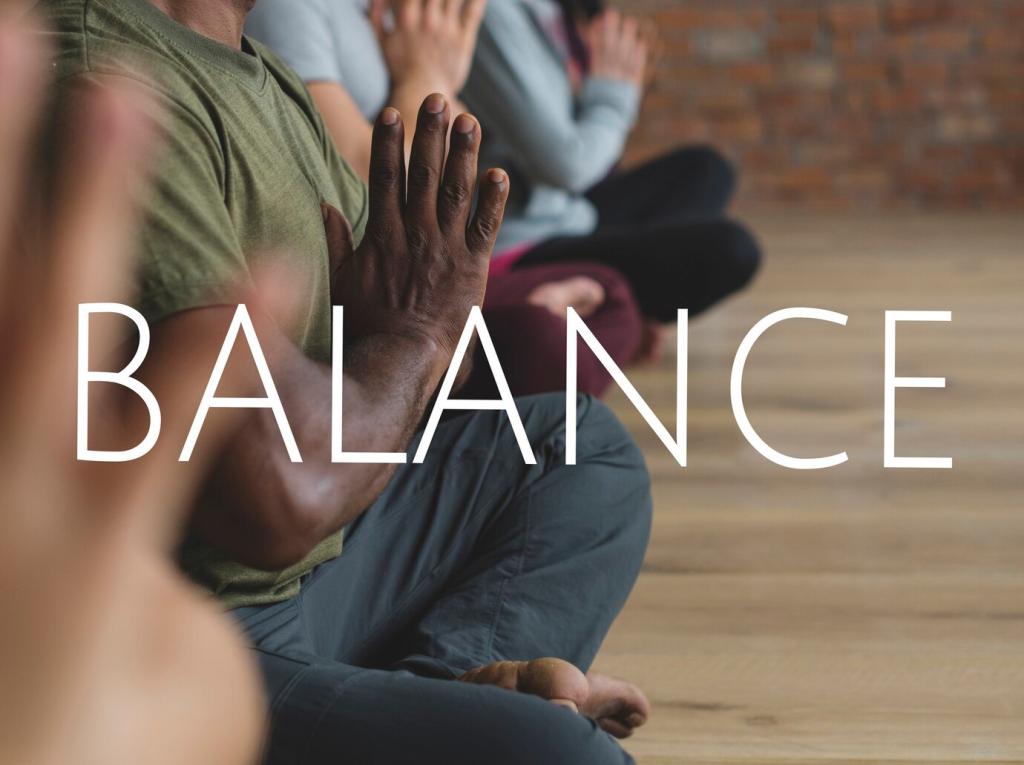Self-Care That Fuels Mindful Parenting
Start with one glass of water, five stretches, and two minutes of sunlight. Track wins on a sticky note. Small victories compound into calmer evenings. Check in below with your one tiny habit and how it changed your temper at dinner.
Self-Care That Fuels Mindful Parenting
Say a respectful no to one extra commitment so you can say a fuller yes to bedtime stories. Boundaries protect connection, not just schedules. What boundary will you set this week? Share it and inspire another caregiver to honor theirs.





